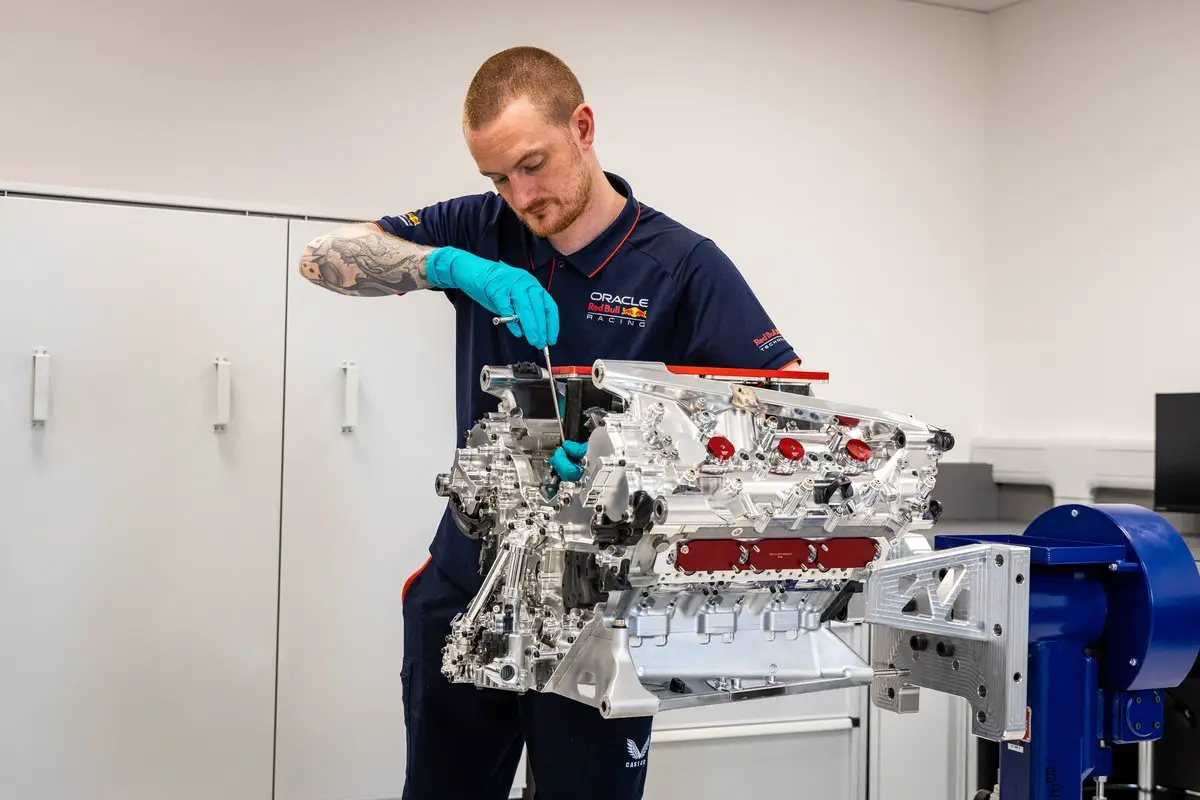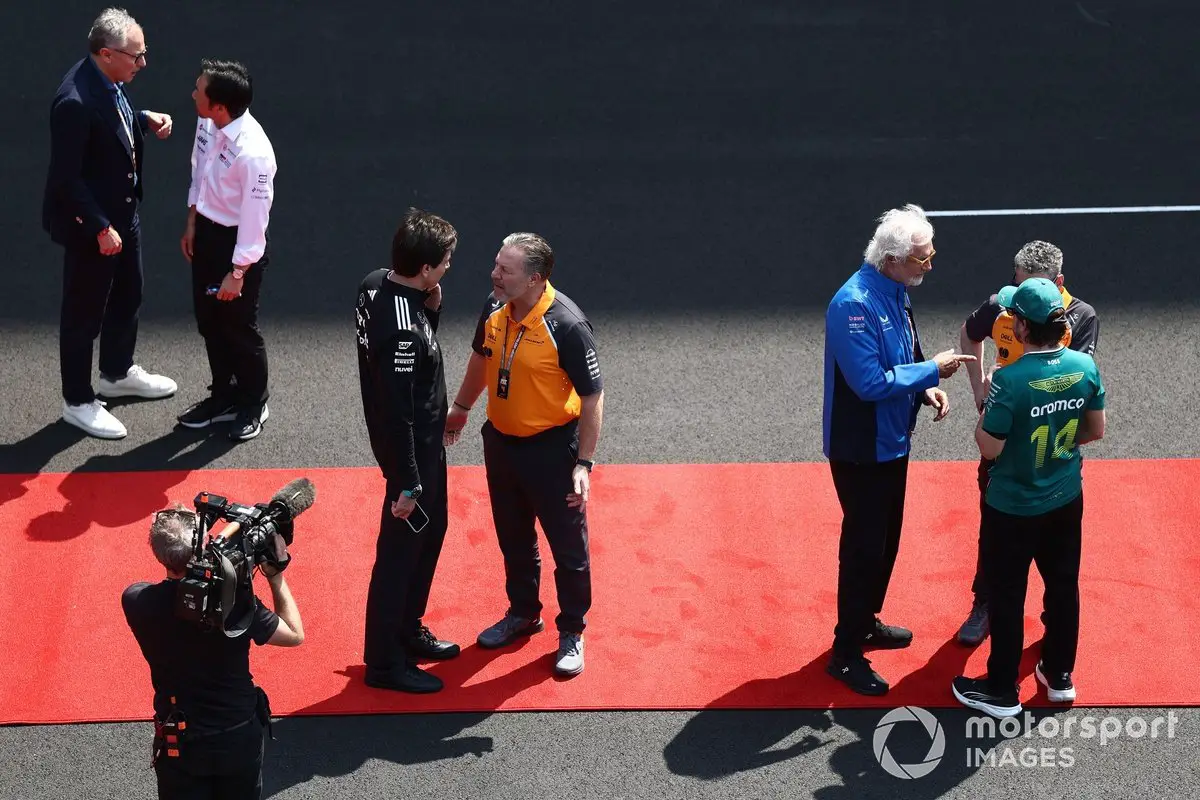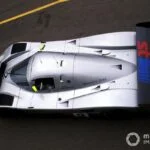Formula 1 Engine Regulations for 2026: A Crucial Decision Awaits
In the heart of the Formula 1 paddock, a high-level meeting was held in Bahrain to discuss the future engine formula and the 2026 regulations. The discussion was sparked by two major questions raised during a media session with Nikolas Tombazis in China.
What Lies Ahead for F1’s Long-Term Engine Formula?
The first question revolves around what F1’s long-term engine formula will look like. If the answer is a V10 engine powered by sustainable fuels by 2031, or even before that, then the second question becomes crucial: what should happen before then?
During the media session, the FIA put forward two options: shorten the cycle of the 2026 regulations or scrap them altogether. However, after a meeting with manufacturers, it was decided that changing the rules at the last minute would not be acceptable.
The Debate Over Electrification and Sustainability
The focus then shifted to the question of what the engine of the future should look like. The FIA made it clear that “a degree of electrification will always be part of future considerations.” However, some manufacturers find this technology too heavy, especially considering the increased fuel consumption.
Several parties have suggested a V10 or V8 engine with KERS, but this is not a straightforward solution due to its weight. On the other hand, a turbo engine is more relevant in terms of technology transfer to road cars, while some drivers prefer the sound of a naturally aspirated engine.

The 2026 Regulations: A Matter of Contention
The debate over the 2026 regulations is highly political and confirms that concerns about these rules have not yet disappeared. These concerns are twofold: the type of racing they will produce, and the fear that one manufacturer could gain an unfair advantage.
Not everyone is satisfied with the current 2026 rules, as Carlos Sainz expressed during a media day in Bahrain. However, changes to these regulations are not likely to happen, as they require broad consensus among all stakeholders.

Balancing Interests for the Future of F1
The FIA emphasized that considerations on sustainability, weight reduction in relation to safety, performance, road car relevance, sound, and audience appeal must be balanced for any formula after 2031. This compromise will be challenging but necessary to ensure the continued success of Formula 1.
The discussions about the future of F1 engines are complex and ongoing, with various opinions on what is “in the interest of the sport.” It’s crucial for all stakeholders to work collaboratively towards the best interests of the sport, ensuring a successful and enjoyable product for fans worldwide.







